42+ Sample Research Note
-
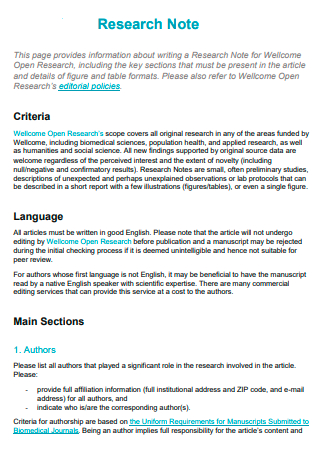
Research Note Template
download now -
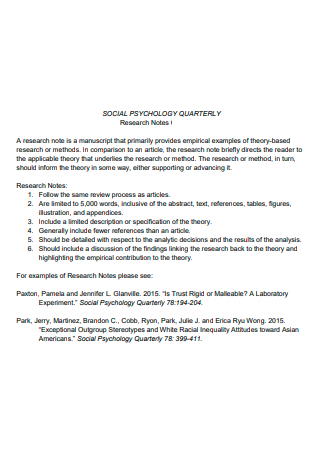
Social Psychology Quarterly Research Note
download now -
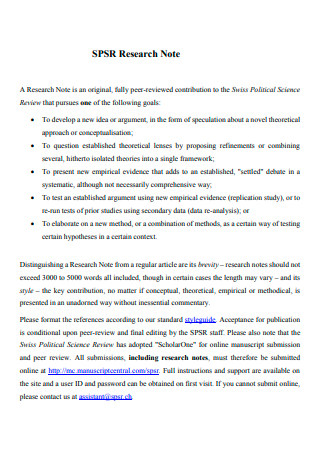
Basic Research Note
download now -
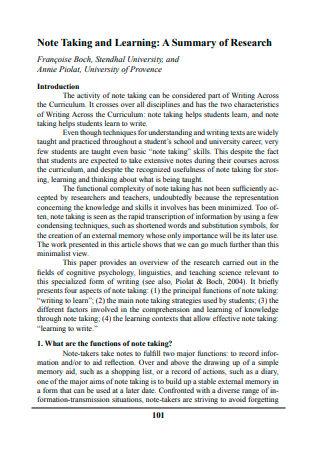
Research Note Taking and Learning
download now -
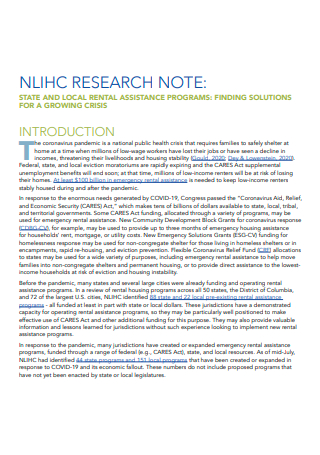
Research Note in PDF
download now -
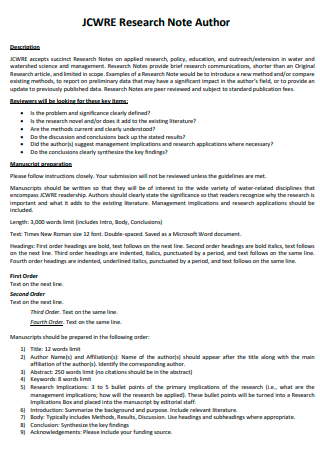
Research Note Author
download now -
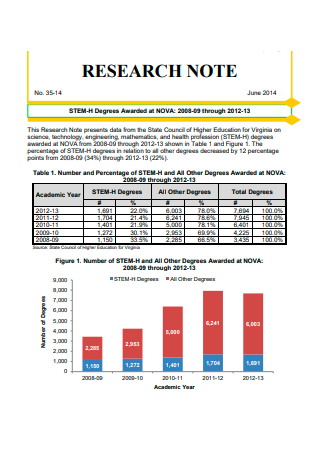
Formal Research Note
download now -
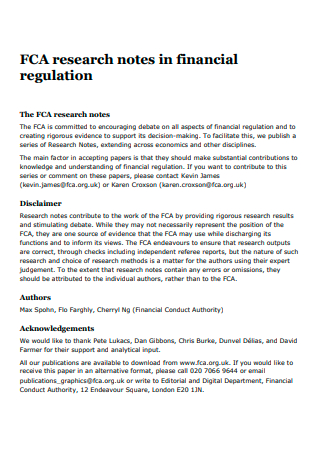
Financial Regulation Research Note
download now -
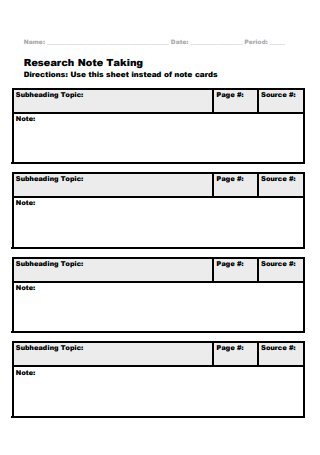
Research Note Taking
download now -
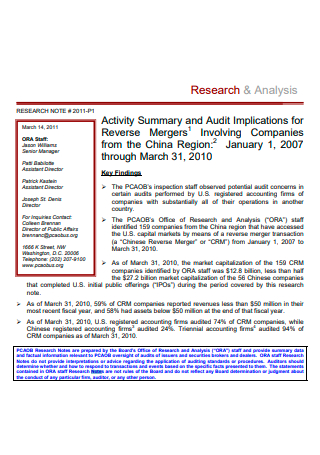
Research and Analysis Note
download now -
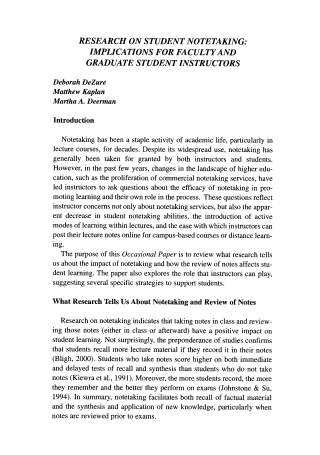
Research on Student Note Taking
download now -
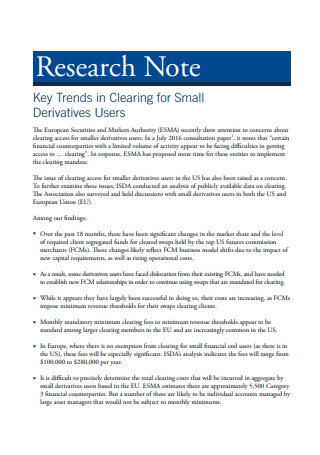
Small Derivatives Users Research Note
download now -
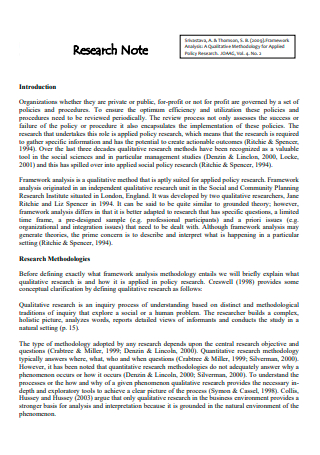
Printable Research Note
download now -
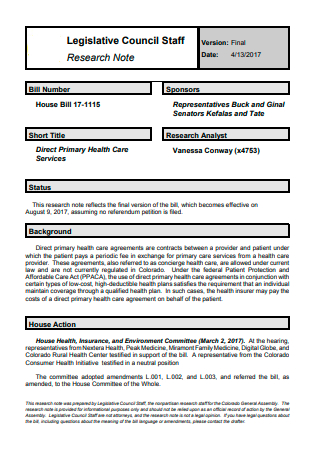
Legislative Council Staff Research Note
download now -
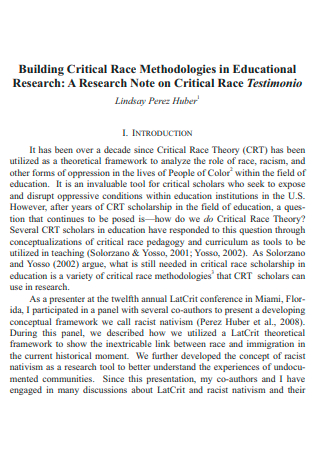
Critical Race Research Note
download now -
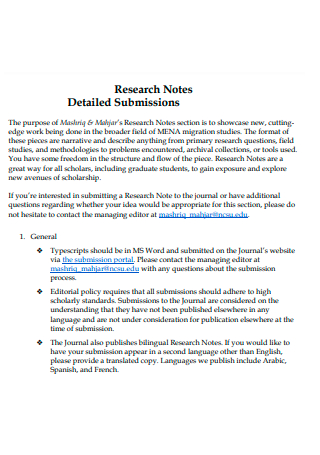
Research Note Detailed Submission
download now -
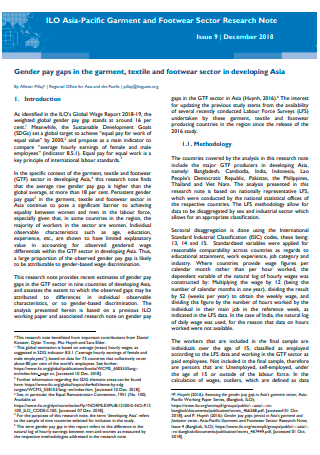
Garment and Footwear Sector Research Note
download now -
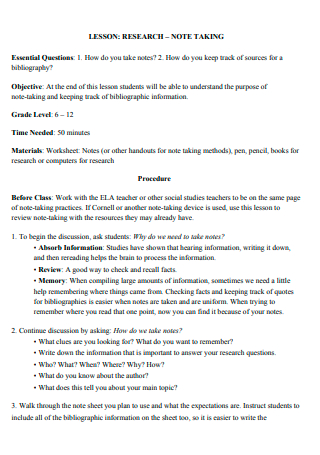
Lesson Research Note Taking
download now -
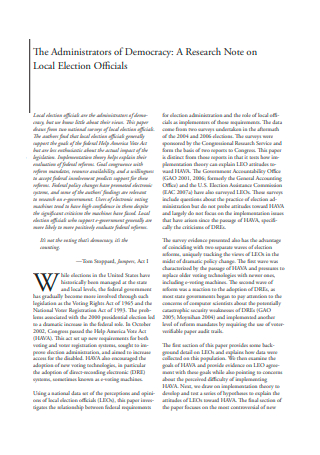
Local Election Officials Research Note
download now -
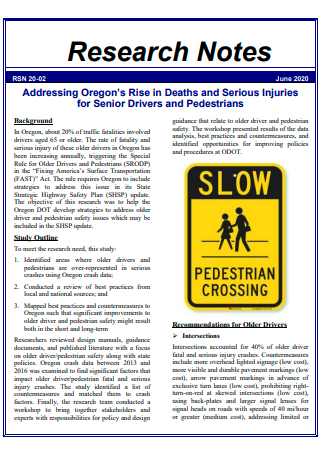
Research Note Example
download now -
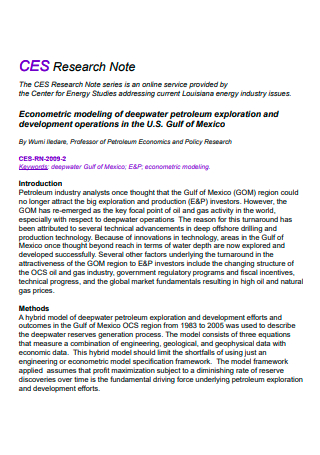
Simple Research Note
download now -
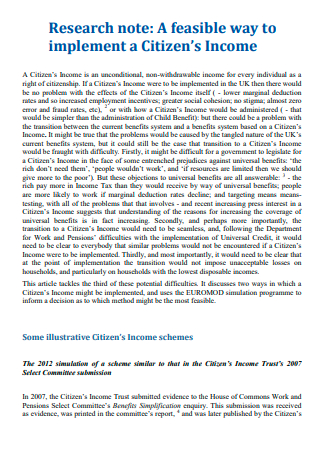
Citizens Income Research Note
download now -
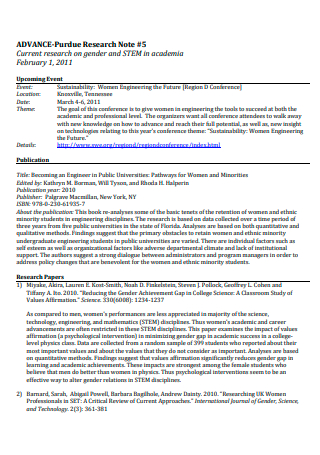
Advance Research Note
download now -
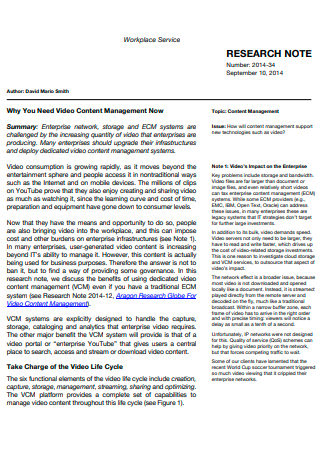
Workplace Service Research Note
download now -
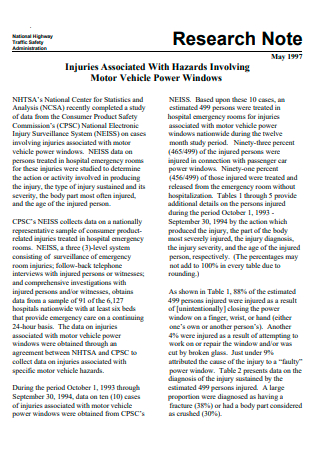
Research Note Format
download now -
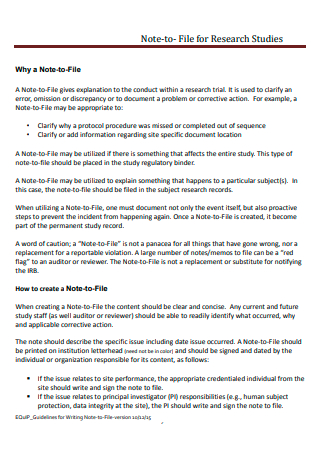
Note to File For Research Studies
download now -
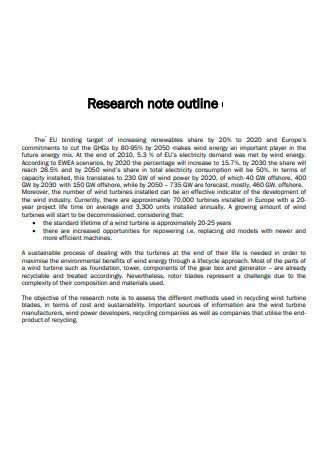
Research Note Outline
download now -
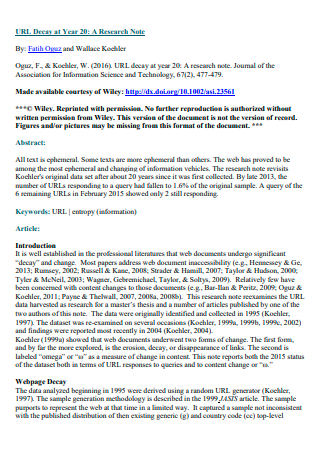
Decay at Year Research Note
download now -
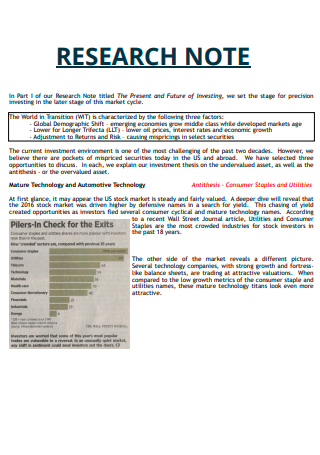
Investing Research Note
download now -
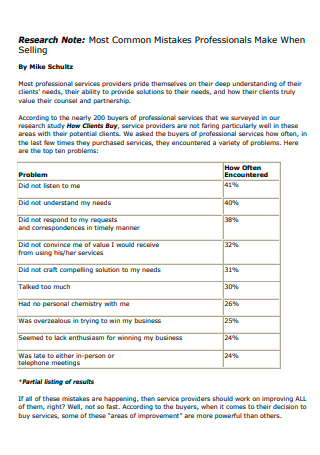
Standard Research Note
download now -
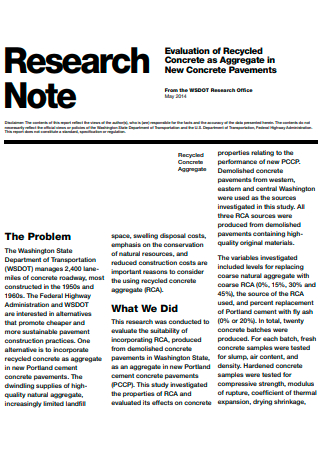
Concrete Research Note
download now -
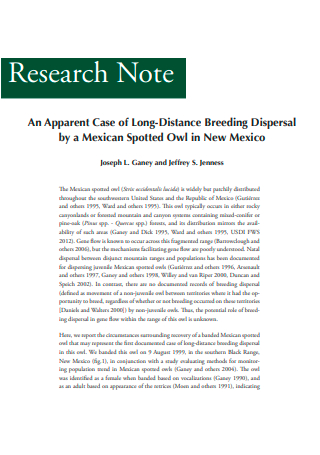
Draft Research Note
download now -
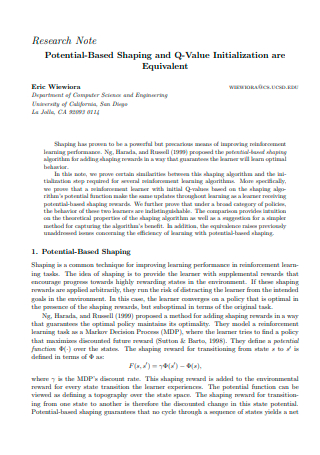
Sample Research Note
download now -
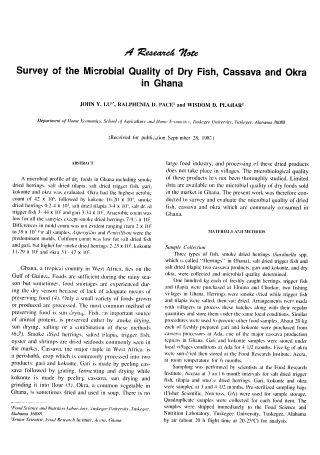
Research Note Survey
download now -
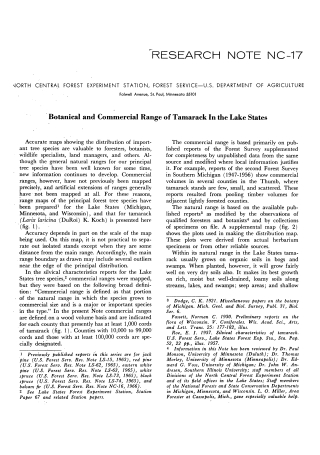
Forest Service Research Note
download now -
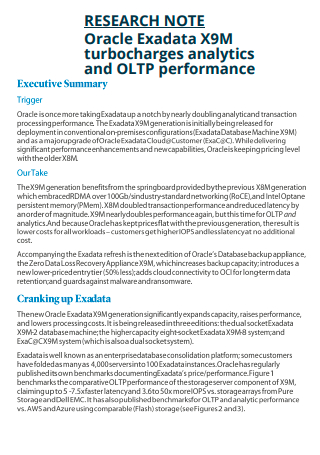
Research Note Oracle
download now -
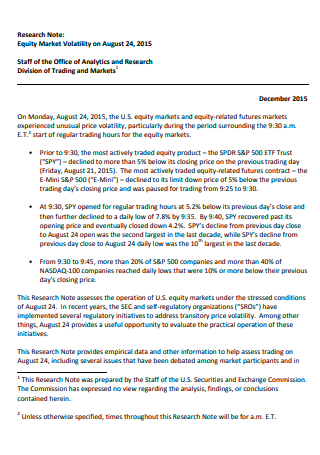
Equity Market Research Note
download now -
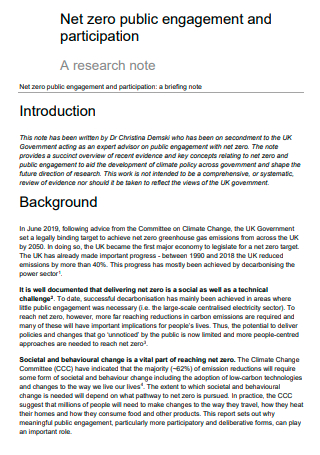
Public Engagement and Participation Research Note
download now -
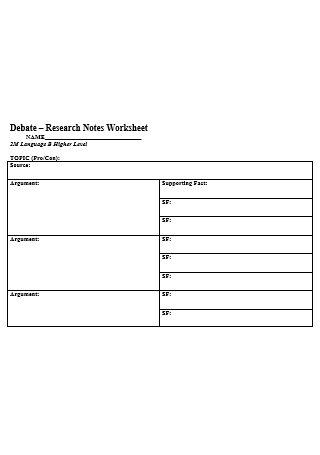
Debate Research Note Worksheet
download now -
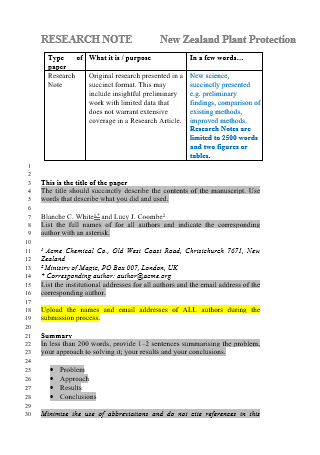
Plant Protection Research Note
download now -
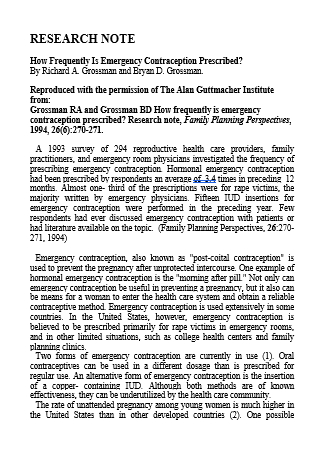
Research Note in DOC
download now -
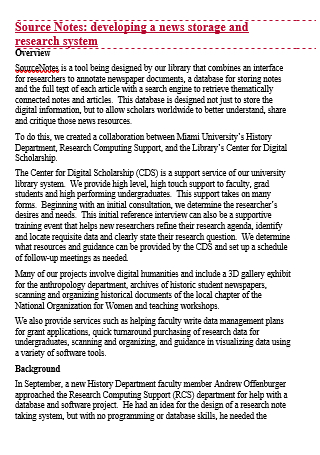
Research System Source Note
download now -
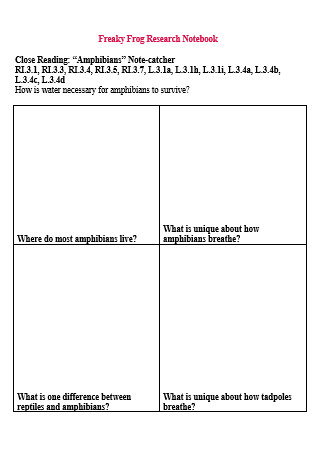
Frog Research Notebook
download now
What is a Research Note?
There are different definitions of a research note: In scientific terms, a research note is defined as papers describing pilot, initial, and/or exploratory findings or a novel data gathering or analytic strategy. It is critical in this note that scientific discoveries are clearly explained and documented. In addition, research notes should provide a brief synopsis and an introduction paragraph, and they should be structured as continuous and cohesive text to be as concise as it feasibly can.
In business terms, a research note is a statement issued by a brokerage company or other investment advisory service that discusses a particular asset, industry, market, or news item. It provides helpful tools for investors, but businesses that share them must exercise caution in how they are used to avoid market manipulation or prejudice.
In this article, the scientific definition of a research note (and research) will be focused on.
Elements of a Research Note
What does a research note usually contain? Here are some important elements that you should be aware of:
Types of Research Methods
Whenever you conduct research, you will need to select the method for which the research will be conducted and presented. That being said, here are some of the types of research methods:
Steps in Taking Research Notes
Taking notes in research is just as important as conducting the research method of your choice properly and effectively. If done in a proper manner, it enables you to have more understanding and saves you valuable time when writing the main research paper. With that being said, here are the steps that you can follow to make sure that you can effectively take research notes:
-
1. Identify Your Ideas
In this step, you need to focus your approach on your chosen topic before even beginning to conduct your detailed research. The first thing you may do is to go through the most frequently known facts about your issue, as well as to become aware of the many points of view and thoughts on it. Then, make an initial listing of the subtopics you expect to encounter in your reading. These will shift your focus and may be useful as note labels. After that, pick a component or aspect that intrigues you, possibly one that is already causing debate. Then you may begin to develop your research question.
-
2. Only Write What is Necessary
After identifying the ideas that you need to write down, then comes the time in which you will properly jot them down to your notes. But, keep in mind that the report you’ve written down must be a reflection of your own thoughts, not a jumble of borrowed ones. As a result, devote some of your research time to comprehending your sources and incorporating them into your own ideas. The note cards or note pads will only capture thoughts that are pertinent to your area of study, and they will largely paraphrase rather than quote.
-
3. Take Time in Labeling Your Notes
After writing down the necessary notes that you’ve gathered, take your time in properly labeling them. Tips for labeling notes properly include making a habit of recording bibliographic information in a master list when you start looking at each source, putting notes on separate cards or sheets as much as possible to allow you to label the topic of each note, and leaving plenty of space in your notes for your own comments such as questions and reactions that spring to mind as you read, second thoughts, and all the cross-references you’ve acknowledged when you reflect back at what you’ve written.
-
4. Verify Your Research Notes
After you’ve done everything, from writing the notes to labeling them properly, it won’t hurt to take your time to give your notes a second look. You may have missed something that can prove to be a key aspect of your research, the research elements you’ve written may be inconsistent, or there may be too many clerical or grammatical errors that render the research note or paper to be ineligible and can affect its potential for publication. It is important that your notes must be clear and free from errors and any unnecessary pieces of information.
FAQs
What is documentary research?
Documentary research refers to the utilization of outside sources, such as documents, to support an academic work’s viewpoint or thesis. Documentary research frequently incorporates some or all of the following steps: conceptualizing, utilizing, and evaluating records. In documentary research, the documents would be analyzed quantitatively or qualitatively (or both).
What is consent on a research study?
Consent in research usually refers to receiving thorough information about a study. Before you agree to volunteer and participate, you will be provided this information in writing, and it will be worded clearly so that you can comprehend it. Before you may participate, you must sign an informed consent form indicating that you have been provided and understood this information.
How long does research usually take?
The length of research is determined by its nature. Some studies may consist of a single meeting and questionnaire, or it may be in a continuous duration for several years. In many circumstances, such as clinical trials that involve any form of pharmaceuticals, they must run for at least a few months in order to collect sufficient data. Prior to participation in this type of research, you are always informed about the timeframe and number of visits. You will also be informed if they must take place in a medical setting, such as a hospital, or at your home in order to enable you to decide whether or not to participate.
As stated earlier, proper notetaking is just as important as conducting research properly. Whatever medium you use, be it electronically or manually, (pen and paper/card) research notes should effectively explain any initial findings of any scientific discoveries. In writing research notes, you should also keep in mind how the research process that you have completed and the information that you have gathered will provide help in answering your inquiries. In this article, there are examples of research notes provided for you to use as a reference.
